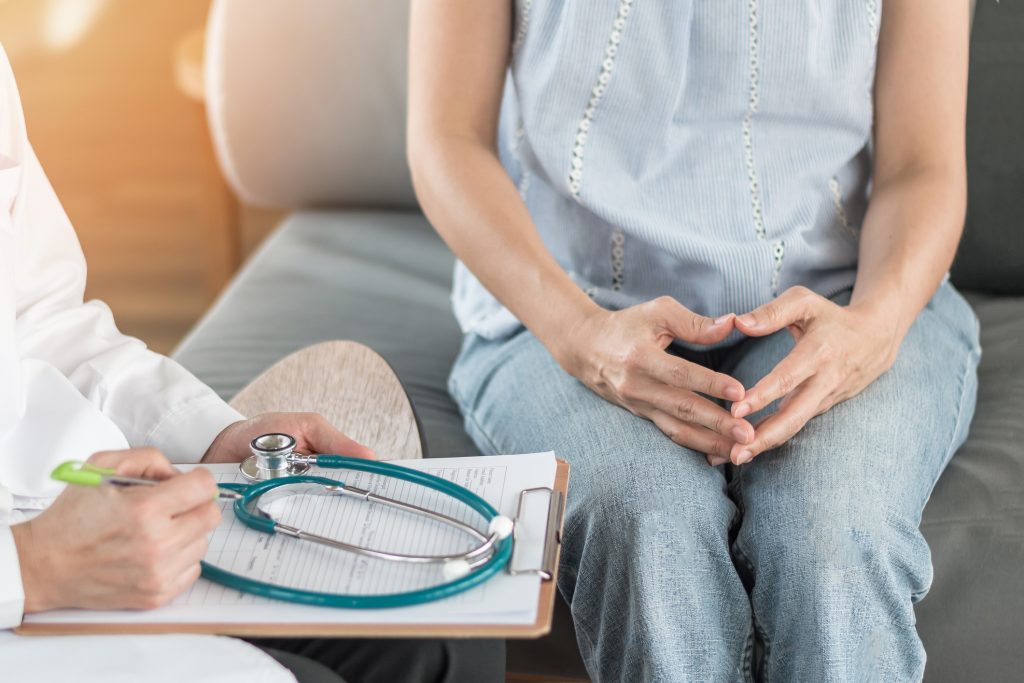January is Cervical Health Awareness Month
Posted: December 30, 2019 by Kristin Patten
Category: District News Release

Cervical Health Awareness Month is recognized nationwide in January. This January, public health officials want you to know there’s a lot you can do to prevent cervical cancer.
All women are at risk for cervical cancer and most cases of cervical cancer are caused by human papillomavirus (HPV). HPV can be passed from one person to another during sex and is so common that at least half of sexually active people will get it at some time in their lives, according to the Centers for Disease Control and Prevention (CDC).
“About 79 million Americans currently have HPV, but many don’t know they are infected because it does not always cause symptoms,” says Missy Pollock, RN, women’s health coordinator for South Health District. “That is why we encourage parents to make sure their pre-teens get the HPV vaccine and encourage women to start getting Pap tests at the age of 21. Preventing HPV is the easiest way to prevent cervical cancer.”
Other risk factors for developing cervical cancer are smoking, having HIV or another condition that makes it hard for your body to fight off health problems, using birth control pills for five or more years, having given birth to three or more children, and having several sexual partners. Women with multiple risk factors should be sure to inform their healthcare provider of these risks and follow their recommendations on how often to have a Pap test.
When caught early, cervical cancer is highly treatable.
“In public health, we want to ensure all women in our community are receiving the best preventative care no matter their financial or insurance situation,” Pollock said. “We encourage women ages 21-64 who are in need of a pap test to call their local health department to see if they qualify for one of our women’s health programs.”
For information on cervical cancer, such has how it’s diagnosed and treated, visit the CDC’s website at www.cdc.gov.
Anyone interested in learning more about our women’s health programs should call their local health department or visit www.southhealthdistrict.com.


